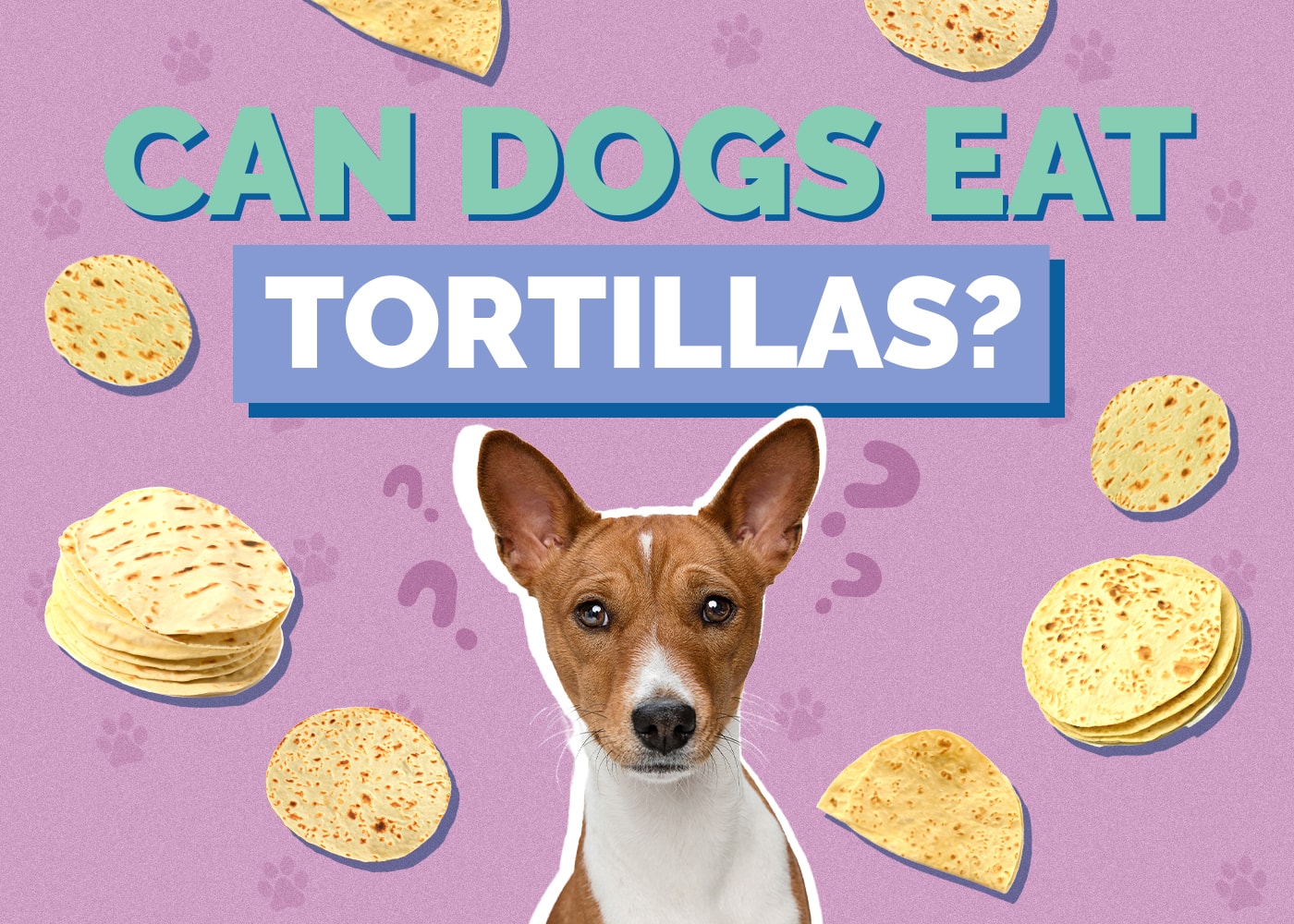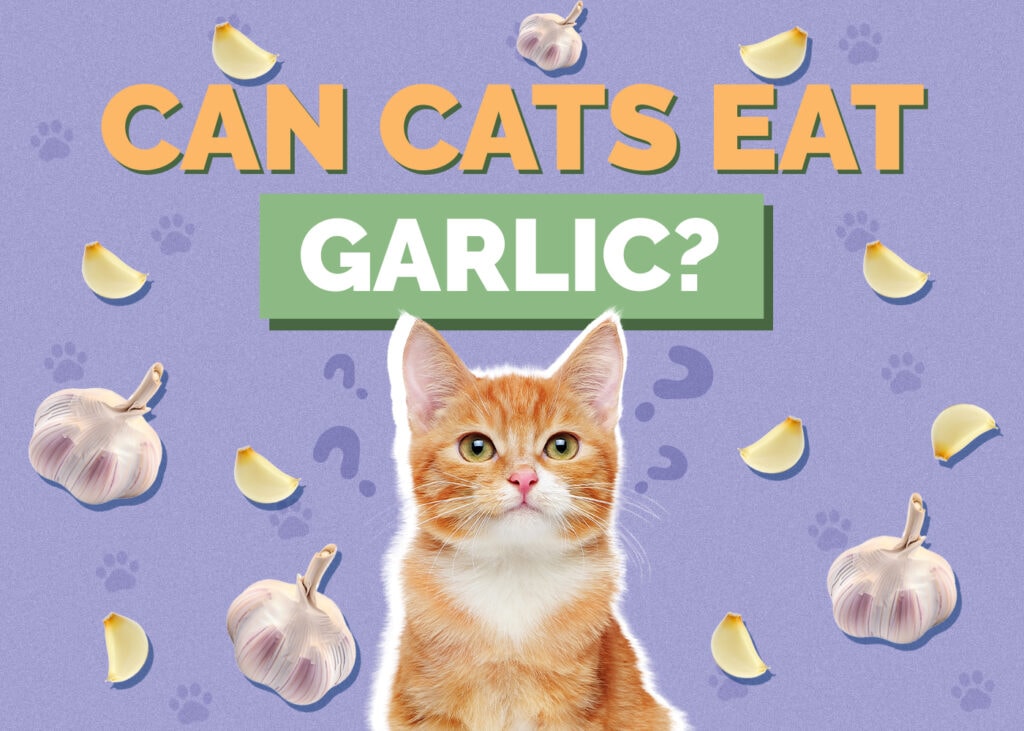VET APPROVED

The information is current and up-to-date in accordance with the latest veterinarian research.
Learn more »Maybe you occasionally feed your dog a bite of food from your plate, or maybe your dog is simply the type to get into any food out in the open. Whatever the case, it isn’t uncommon for our canine pals to consume people food every now and then. But not all the food we eat is safe for our dogs, nor is it healthy.
If you’ve considered giving your pet a taste of your breakfast burrito, or your pup has devoured a tortilla left out on the counter, you’re probably wondering if dogs can safely eat tortillas. The good news is that tortillas aren’t toxic for our dogs; however, they aren’t all that healthy for them either.
Here’s what you need to know before letting your pet have tortillas.

Nutritional Benefits of Tortillas
Tortillas don’t offer your dog much in the way of nutritional benefits. While they contain dietary fiber and calcium, they contain too many negatives to really balance out. So, if you decide to give a bite of tortilla to your pet as a treat, be aware it’s essentially empty calories, and factor that into your pet’s daily allowance.

The 4 Risks of Tortillas
While tortillas aren’t toxic to dogs, they do contain some risks.
1. Allergic Reactions
Canines don’t process grains in the same way as we do, and some pups might have an intolerance to gluten. This means eating tortillas could lead to an allergic reaction, which could result in diarrhea, vomiting, skin sensitivities, or weight loss. Fortunately, grain allergies tend to be quite mild in dogs.
2. Calorie Content
Despite their very flat profile, tortillas can pack a surprising number of calories, and those calories add up over time. This could result in weight gain, particularly if you’re adding tortillas on top of your dog’s regular diet, which can lead to further health issues.
3. Salt Content and Seasoning
Some tortillas also have quite a bit of sodium, and too much salt for your dog is a huge no-no. Consuming too much salt can lead to dehydration. Additionally, if you have tortillas that contain seasoning, we need to be careful about what sort of ingredients are being used.
4. Tortilla Fillings
We don’t often eat tortillas plain; usually, they’re filled with things like cheese, egg, chicken, avocado, salsa, and more. So, it stands to reason that if your doggo eats a tortilla, there might be filling in it. Like tortilla seasonings, some of these ingredients might not be great for your pet, so this is another reason you might want to avoid giving tortillas to your pet.


FAQ
You might still have a few unanswered questions about giving your pet tortillas, so here are a handful of frequently asked questions about the topic.
Are corn tortillas better for dogs than flour ones?
Corn tortillas are gluten-free and contain fewer calories, so they are certainly a better option, but they can still have additives and preservatives that could be unhealthy for your pup.
What about homemade tortillas?
As long as they aren’t seasoned with anything inappropriate, homemade tortillas should be a bit safer for your pet because they don’t contain preservatives, and you control what goes into them, like salt. It still won’t be healthy for your dog, but it will be a bit better.
What do I do if my dog eats a lot of tortillas?
If your four-legged friend has managed to get into a bag of tortillas and eaten a ton, you’ll want to call your vet. They can tell you whether you should go ahead and bring your dog in or simply keep an eye on them for the next 24 hours.


Conclusion
Tortillas don’t pose any danger to your dog, but that doesn’t mean they are a recommended food for them. A bite or two won’t harm your dog, but more than that (or small amounts over long periods) may lead to health issues like allergies and weight gain. And though tortillas themselves aren’t toxic, some may contain certain ingredients that are toxic to your pet, like seasonings, so be extremely careful about the kind of tortilla you’re giving your pet.
Your safest bet when it comes to tortillas and dogs, though, is either giving them no tortillas or making homemade ones.
Featured Image Credit: Pixabay
Contents
How useful was this post?
Click on a star to rate (you can leave written feedback after clicking submit)
Help us improve Hepper for pet parents!
Your feedback really matters.
What did you like about this post? Also how can we improve it?




















